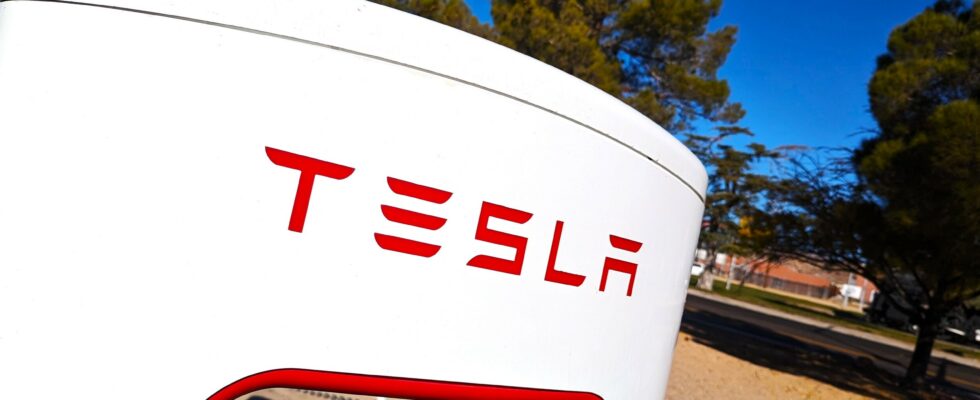The crucial question of battery life in electric and hybrid cars persists. A recent study reveals surprises about varying battery wear over time.
When you drive a hybrid or electric car, one of the main questions you ask yourself is: “ how long will my battery last » ? We don’t tell you anything: unlike thermal vehicles, electric models present significant differences in terms of battery wear.
A study conducted by MyBatteryHealth and relayed by our colleagues at Dauphiné Libéré highlights notable differences between electric and hybrid cars, but also between brands. Generally, they depend on different factors, such as usage, fast charges, and even climatic conditions which influence the longevity of the components.
Battery wear that differs depending on the type of vehicle
What can we learn from the study of MyBatteryHealth, this French application which tests the wear and tear of your vehicle’s battery? First, we note that it highlights a more rapid degradation of the batteries of 100% electric vehicles, compared to hybrids. MyBatteryHealth has carried out its diagnostics since 2022, by studying models from 2015, so that we can sufficiently judge their wear over time.
An electric Nissan Leaf, for example, has a battery capacity of 85.7% compared to when it was marketed. A Toyota Prius retains 88.5% of its battery. Two good students emerge from the study: the Tesla Model S and the Ford Mondeo Hybrid, which have scores of 91.8% and 92.3% respectively. Well, the differences are not really big, it must be admitted.
Obviously, usage plays a major role in battery wear. Hybrid vehicles have the advantage of being able to operate without the battery, thus preserving their health and avoiding critical deep discharges. Electric cars, for their part, are more likely to experience deep discharge, which has a negative impact on their longevity. Charging habits, particularly fast charging, also contribute to this disparity.
Fast charging, an impact not to be underestimated
Fast charging, much more practical for lovers of long journeys, seems to accelerate the wear and tear of electric vehicle batteries. Unlike hybrids, these vehicles are more often charged to full capacity, which places additional stress on the batteries. The practice, combined with fast charging, contributes to slightly greater deterioration of electric car batteries. It is therefore better to use them with caution to preserve battery life.
To maximize battery life, the study recommends adopting smart charging habits, not unlike those applied to your smartphones. Avoid completely draining the battery and recharge it when the level reaches around 20%. Limit the load to 90% maximum. A partial charge would be more favorable to the battery.
There are also climatic hazards and phenomena, which should not be neglected. Cold reduces battery performance and requires prior heating before optimal use. Heat can also be a challenge, and electric vehicles with liquid cooling systems seem to hold up better to the harsh summer weather. Understanding these nuances is supposed to allow drivers to take preventative measures to ensure maximum battery life.
We at Clubic are curious to have your feedback as well. What are your practices with an electric or hybrid vehicle? Do you notice a loss of range on your car over time?
Source : The Dauphiné Libéré

19